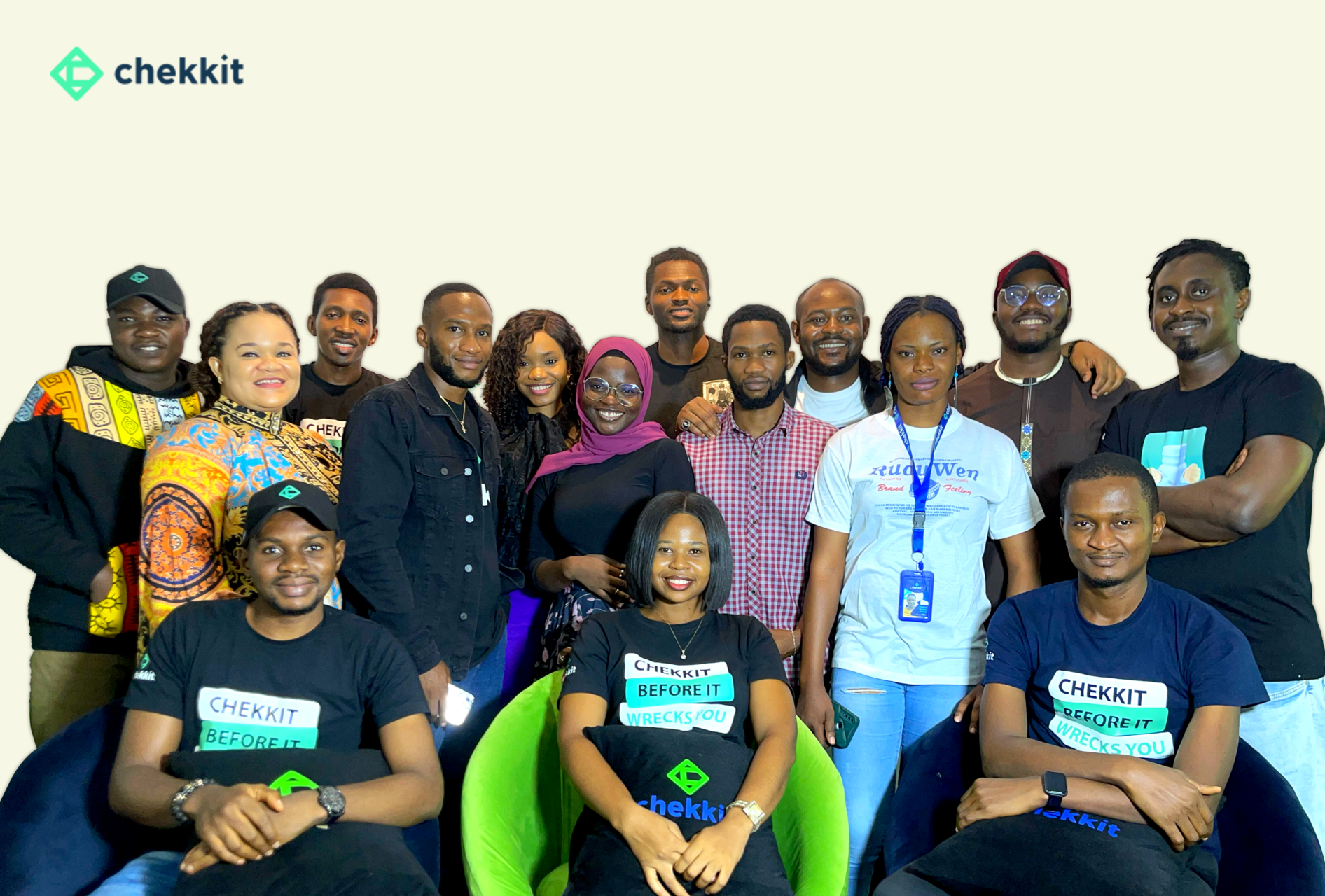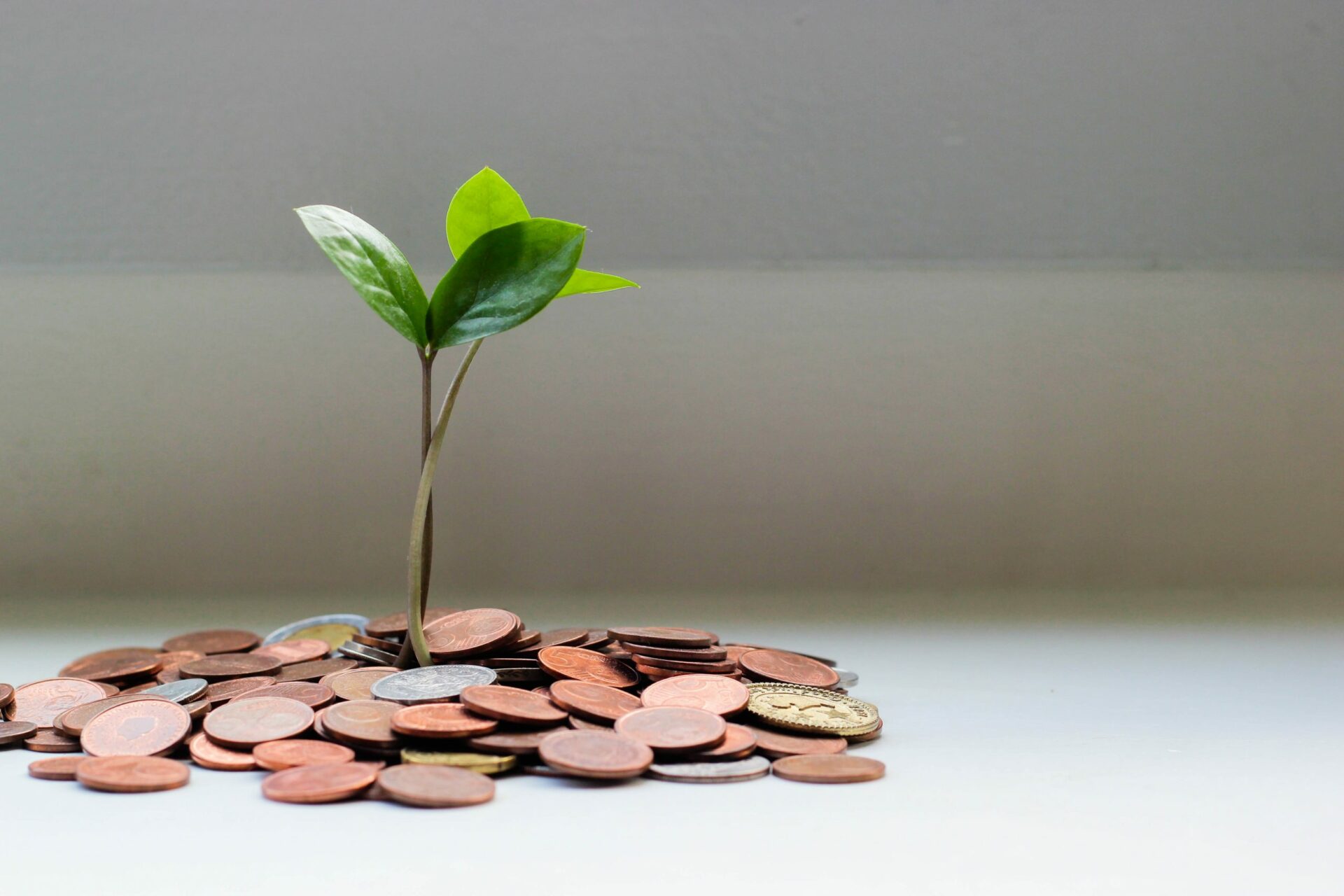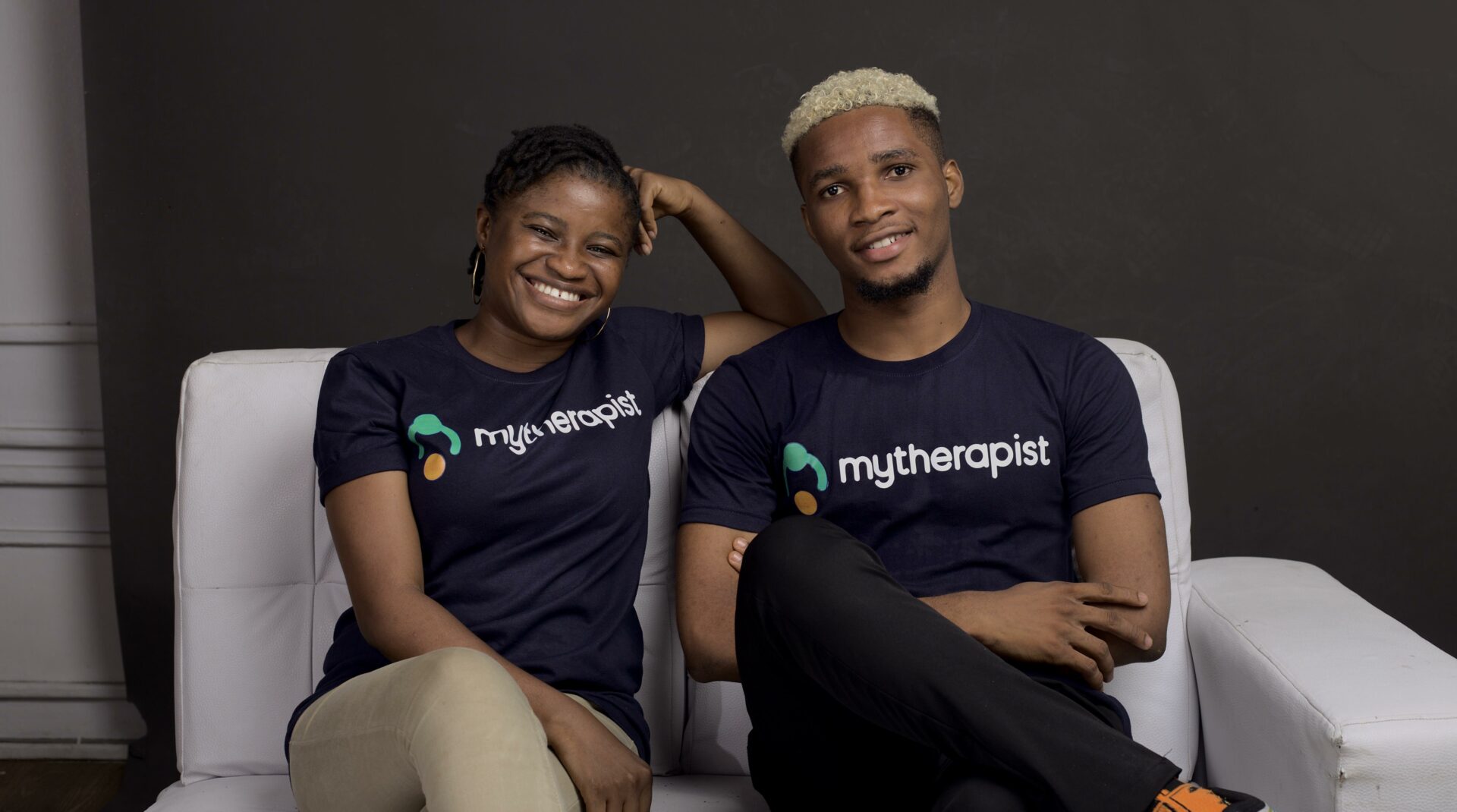The News
- Nigerian anti-counterfeiting startup, Chekkit, has announced additional funding to expand its team across West and East African countries.
- The round was led by Adaverse, a Cardano Ecosystem Accelerator, with participation from existing investors, including RTA, HoaQ, Launch Africa, and Blockchain Founders Fund.
- Chekkit also plans to expand its technology to support the AI component of its developing model. The funding will primarily focus on sales, expansion, and technology.
In 2022, PUNCH reported that the National Primary Healthcare Development Agency (NPHDA) stated that more than 70% of medicines dispensed in Nigeria were substandard.
In February 2023, the National Agency for Food and Drug Administration and Control (NAFDAC) destroyed counterfeit drugs and goods seized from pharmacies and other commercial establishments across the states in the nation’s North Central geopolitical zone, totalling ₦326.83 million ($710,000)
Per The Guardian, Nigeria has the highest percentage of fake medications in the developing world and is the African nation with the highest annual death toll from counterfeit drugs.
According to the United Nations, every year, about 100,000 deaths in Africa are related to counterfeit drugs. This is something that Dare Odumade, Founder of Chekkit, wants to reduce.
Founding two startups before Chekkit
Odumade says he founded two startups before Chekkit, failing at one and dropping out of the other.
As a student at the University of Ibadan, Odumade co-founded his first startup, Strictly UI, a school social network, in 2011. The plan was to create a platform to allow students and lecturers to communicate online.
“Within two years, we had 30,000 students signed up, nearly the entire student body. However, because it was limited to the university, the platform didn’t scale. Strictly UI remains the largest community of UI students on Facebook,” Odumade reveals.
In 2016, he left the startup to launch a music streaming and messaging platform.
When the platform reached 5,000 monthly active users, an American multinational entertainment and record label, Warner Music Group, made an offer, which he declined. However, the business failed shortly after.
After that, he travelled to Ghana to enrol in the Meltwater Entrepreneurial School of Technology (MEST). That was when he had the idea for Chekkit.
What inspired Chekkit?
In 2017, Odumade’s friend, a pharmacist, had seen a patient pass away in a hospital in Ghana after taking counterfeit antimalarial medication which caused their kidney to rupture.
This inspired Odumade to address the issue of counterfeit drugs.
“At this point, there were already products with sticker labels. Some manufacturers already put sticker labels from the likes of Sproxil on these products.
“Before Chekkit, these companies already existed. However, the opportunity we noticed was that since consumers didn’t typically verify products, they weren’t heavily authenticating them,” Odumade says.
Chekkit, therefore, considered how to encourage customers to authenticate products voluntarily.
Odumade began his research and discovered that although the medications have scratch-off labels, people still fall victim to counterfeit drugs.
“Customers automatically believe a scratch label on a product is authentic, right? But as a result, people continue to be the victims of counterfeit products because the counterfeiters are counting on consumers failing to recognise their products if they have fake versions of those labels.
“Because people don’t scan, counterfeiters continue to use this to push their ideologies in the markets. They are successful because counterfeiting is a billion-dollar industry, with pharmaceutical products accounting for most of that,” Odumade explains.
He also realised there was a chance to use consumers’ ability to authenticate products to give brands data intelligence. It will help the brands better understand who is buying their products, why they are buying them, and what they think of them.
In October 2018, Odumade launched Chekkit.
Building Chekkit with experienced co-founders
Odumade says his co-founders — Oluwatosin Adelowo (CMO) and Samuel Ukhueleigbe (CTO) — are skilled and experienced.
Before joining Chekkit, Adelowo, who has more than eight years of experience in digital marketing, spent about five years in the technical department of a lending company called CreditView.
Ukhueleigbe has more than eight years of experience creating business software. He has developed products as a contractor for banks and healthcare organisations.
How does Chekkit work?
Chekkit helps FMCG and pharmaceutical company brands to gather consumer intelligence while rewarding customers who authenticate products.
Providing brands with consumer intelligence entails Chekkit tracking and tracing their products from the manufacturing process to the final consumer while “unlocking intelligence.”
By doing so, brands can market their products more effectively and generate more sales. While interacting with a brand’s products, customers receive rewards for giving information or performing actions.
When a consumer picks up a product and scratches off the sticker label, they will see a PIN that they can authenticate using the USSD option or by scanning the QR code with the ChekkitApp on their smartphone.
Customers can authenticate these products using either *347*03*PIN# or *7204*PIN#. The former is a shared code, so even though it’s free, users must first have at least ₦10 airtime balance to use it.
The second is a dedicated code, allowing users to access the USSD feature even with zero airtime balance.
“They can now see the product information, the expiration date, audit trail of the product, and respond to two to three survey questions per batch when they authenticate,” Odumade says.
Chekkit gathers consumer data through surveys, which it then offers to the brands as intelligence. Customers, on the other hand, receive loyalty rewards for providing information.
Chekkit claims it’s the only GS1/NAFDAC traceability solutions provider in Nigeria.
For context, traceability involves printing serial codes on a product and tracking it throughout the supply chain.
For each sticker label, serial number, or other unique identifiers, Chekkit charges a unit fee. It also charges $100 per stock-keeping unit (SKU) monthly for data intelligence.
Chekkit offers incentives to customers who authenticate products. Each Chekkit label they verify earns them one loyalty point. Verifying five items converts their points into ₦100 worth of mobile airtime.
Brands can use this to reward their customers by giving out cash, airtime, or raffle draw tickets.
The company currently offers services to over 30 businesses, primarily SMEs and a few enterprises. It plans to increase this number to 100 by the end of the year.
Further, Chekkit claims to have registered over one million consumer authentications since its launch and covered the markets with over 50 million serial labels.
By the end of 2023, it hopes to have more than 3 million customer authentications.
Challenges and plans for its additional funding
The price war between competitors and customers is one of the main challenges Chekkit has to deal with.
“You know, we notice that customers want to pay less than the cost for a serial code. And that’s because, in the past, competitors have been able to give serial numbers or sticker labels for free.
“The company is currently attempting to determine how it can bear some of these costs by either giving away free labels or selling them at reduced prices,” Odumade says.
Moreover, NAFDAC expects traceability to be operational in the Nigerian pharmaceutical supply chain by 2024. This benefits Chekkit and its brands because it is expensive to implement traceability in a “sophisticated way.”
Interestingly, Odumade says manufacturers are against its implementation.
According to him, traceability necessitates months of integration, planning, and expenditure. Nevertheless, Chekkit claims to have found a solution for these manufacturers. But even though they are aware that Chekkit’s is a more affordable option, many of them are still resisting.
In August 2021, Chekkit announced a $500,000 pre-seed round to expand its team and technological infrastructure. Today, the startup is announcing additional funding.
With a team strength of 25, Chekkit wants to expand its team with the new funding.
“With the funding, we’ll expand to about 50 in the next 3 to 6 months, and then probably another 200 in 18 months,” Odumade says.
Chekkit is available in Nigeria, the UK, and India. Because it operates in the pharmaceutical industry, as of publication time, the company is hiring a Sales VP from India.
Nigeria has been referred to as Africa’s largest drug market because more than 70% of its medications come from India and China.
Consequently, Chekkit claims it wants to help producers in Nigeria because many Nigerian manufacturers go to India to hire contract manufacturers to produce the products on their behalf.
However, in bringing these products back into Nigeria, there’s a need for things like mass labels to build them.
The mass labels are scratch-off labels on products that consumers can use to verify authenticity.
“The Nigerian government has standardised traceability as a policy, which will become law by 2025, so there is a need for it to be easy to implement on products coming from India before they enter Nigeria,” Odumade says.
Blockchain company, Cardano invested in Chekkit through Adaverse, its accelerator division. Chekkit intends to use the blockchain network of the business to develop its blockchain infrastructure as a result.
Additionally, Chekkit has partnered and integrated its traceability and consumer intelligence solution with SAP, a global software company.
It allows pharmaceutical brands using SAP’s Advanced Track and Trace Platform to collect and analyse last-mile patient data obtained via user surveys embedded in the GS1 serial codes — unique identifiers used for product verification.











